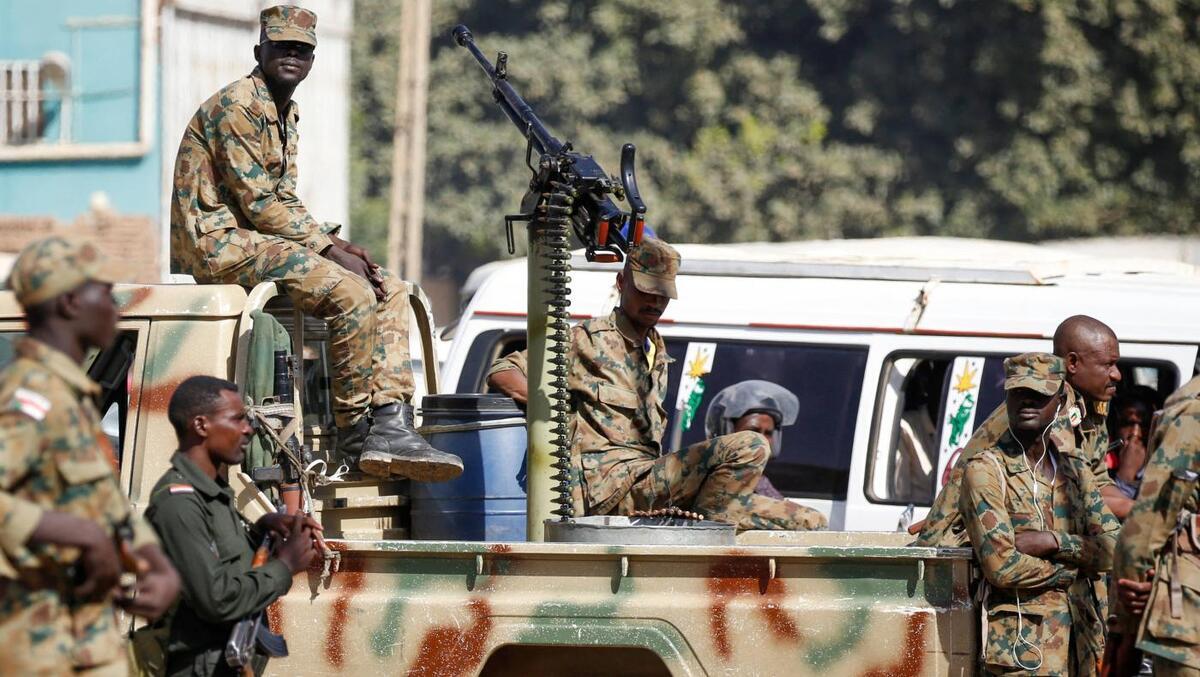Context:
Recently, atleast 80 people killed in strike by Sudan paramilitary forces.
Background:
This attack occurred despite recent U.S.-sponsored talks aimed at ending the 16-month-long war.
Key takeaways:
- Sudan is a country located in northeastern Africa.
- It is bordered by Egypt to the north, the Red Sea to the northeast, Eritrea and Ethiopia to the east, South Sudan to the south, the Central African Republic to the southwest, Chad to the west, and Libya to the northwest.
- Its capital is Khartoum, situated at the confluence of the Blue Nile and White Nile rivers.
- In modern times, it has experienced significant political and social upheaval, including civil wars and the secession of South Sudan in 2011.
- The country is currently under a transitional government following a military coup.
Main Causes of the Conflict in Sudan:
- Power Struggle: The primary cause is the power struggle between the Sudanese Armed Forces (SAF) and the Rapid Support Forces (RSF). The leaders of these groups are vying for control of the country.
- Historical Tensions: Sudan has a history of political instability, marked by numerous coups and civil wars since its independence in 1956. The overthrow of longtime dictator Omar al-Bashir in 2019 led to a fragile transitional government, which was later disrupted by a military coup in 2021.
- Economic Factors: Sudan’s economy has been in crisis for years, exacerbated by corruption, mismanagement, and international sanctions. The competition over control of economic resources, particularly gold mines, has fuelled tensions between rival factions.
- Ethnic and Regional Divisions: Ethnic and regional divisions have also played a significant role. The RSF has its origins in the Janjaweed militia, which was involved in the Darfur conflict and accused of committing atrocities against non-Arab populations.
- External Influences: External actors and regional dynamics have further complicated the situation. Neighbouring countries and international powers have various interests in Sudan, influencing the conflict through support for different factions.
- Failed Peace Processes: Despite multiple attempts at peace talks and ceasefires, the lack of a comprehensive and inclusive peace process has hindered efforts to resolve the conflict.



.jpg)
Comments (0)